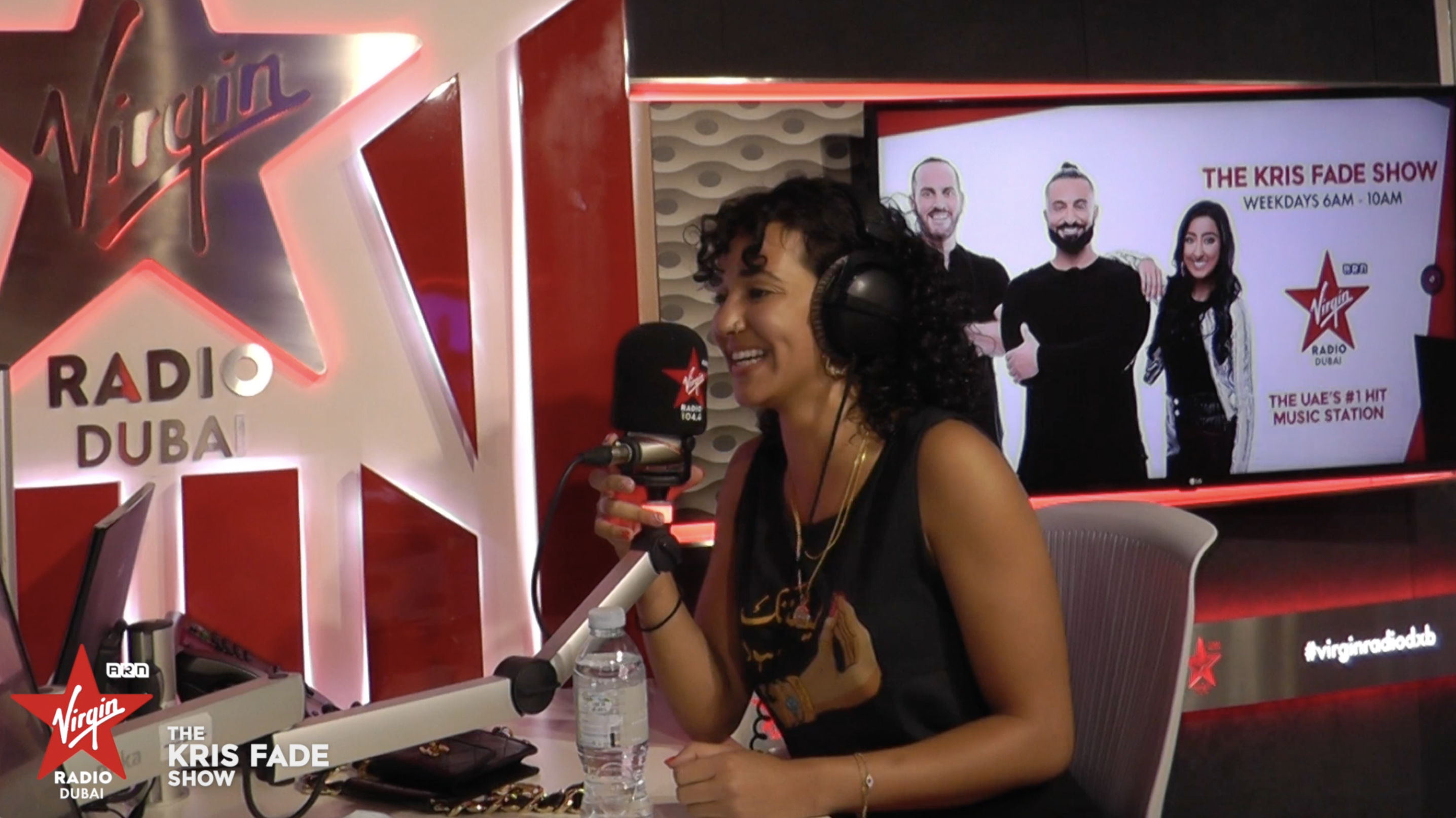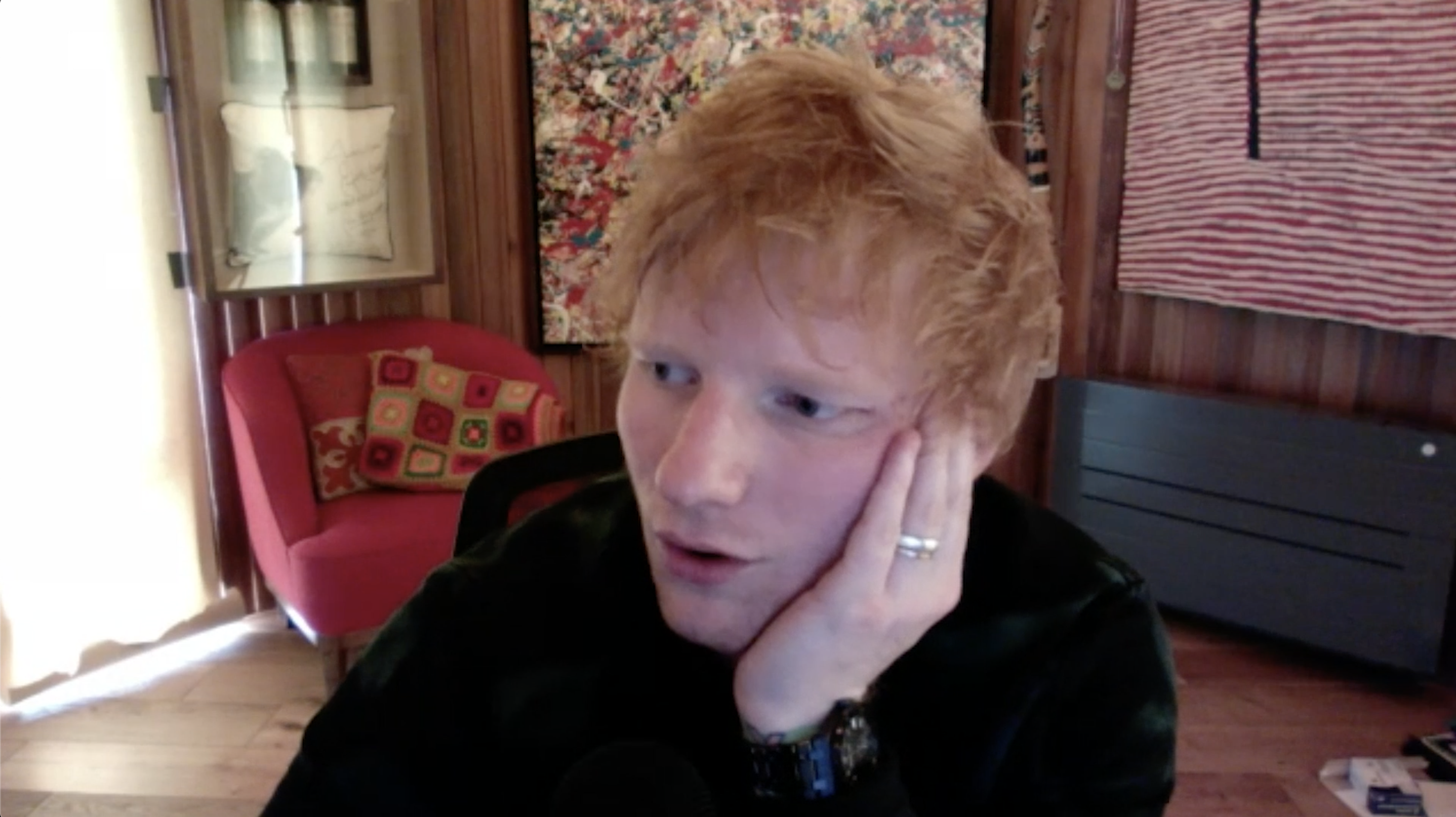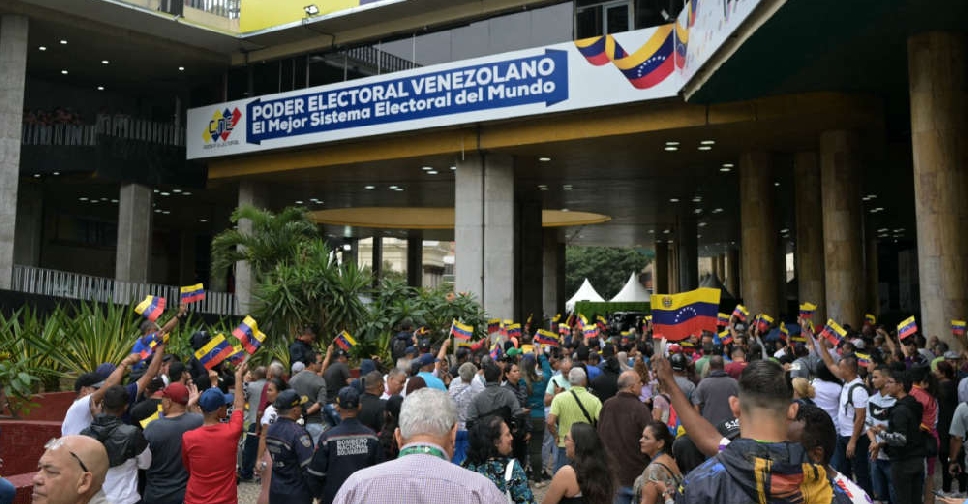
Streets were largely empty in towns and cities across Venezuela and opposition supporters were subdued on Monday after President Nicolas Maduro and opposition rival Edmundo Gonzalez both claimed victory in a tense weekend election.
Few businesses were open and public transport was scarce, according to Reuters witnesses across the country, as governments in Washington and elsewhere cast doubt on official results that kept the incumbent Maduro in power and called for a full tabulation of votes.
The national electoral authority said just after midnight that Maduro had won a third term with 51 per cent of the vote - a result that would extend a quarter-century of socialist rule.
But independent exit polls pointed to a big opposition win following enthusiastic shows of support for Gonzalez and opposition leader Maria Corina Machado on the campaign trail.
Gonzalez won 70 per cent, said Machado, who had been barred from holding public office in a decision she says is unfair.
Rules were violated on polling day, the opposition said, citing its witnesses being prevented from attending counts, among other issues.
But Gonzalez has not called for supporters to take to the streets and has warned against violence, even as reports trickled in of arrests and intimidation of his supporters.
A cacophony of banging came from Caracas' Petare and 23 de Enero areas - traditionally major working-class bastions for the Socialist party - mid-morning on Monday as neighbours took part in a "cacerolazo," a traditional Latin American protest in which people bang pots and pans.
Maduro has presided over an economic collapse, the migration of about a third of the population, and a sharp deterioration in diplomatic relations, crowned by sanctions imposed by the United States, the European Union and others which have crippled an already struggling oil industry.
Isolated incidents of violence took place around the country before and after the announcement of results, including the death of one man in Tachira state and scuffles at polling sites in Caracas and other places.
Police dispersed a protest in Catia, traditionally a ruling party base in western Caracas, in the early hours of the morning.
US Secretary of State Antony Blinken said Washington had serious concerns that the official results did not reflect the votes of the people.
The electoral authority is meant to be an independent body but the opposition says it acts as an arm of Maduro's government.
Brazil also said it was closely watching the vote count and awaiting data from polling stations, while Mexico's President Andres Manuel Lopez Obrador said he would wait until 100 per cent of the results were reported before recognising a winner.
Russia, Cuba, Honduras and Bolivia cheered Maduro's alleged victory.
Caracas and Washington have had an adversarial relationship dating back to the era of left-wing populist Hugo Chavez.
Maduro - a 61-year-old former bus driver and foreign minister - took office on Chavez's death in 2013 and his 2018 re-election is considered fraudulent by the United States and others, who call him a dictator.
Maduro early on Monday reiterated his campaign assertion that Venezuela's electoral system is transparent.
He will sign a decree on Monday to hold a "great national dialogue," he said as he celebrated with supporters before cutting a birthday cake for his late mentor Chavez, who would have turned 70 on Sunday.
Edison Research, which conducts high profile election polling in the United States and other countries, published an exit poll showing Gonzalez, a 74-year-old ex-diplomat known for his calm demeanour, had won 65 per cent of the vote, while Maduro won 31 per cent.
"The official results are silly," Edison's Executive Vice President Rob Farbman told Reuters in an email, saying it stood by the results of its survey.
Edison's exit poll was conducted nationwide with preliminary data from 6,846 voters interviewed at 100 polling locations.
Local firm Meganalisis said its own exit poll indicated a 65 per cent vote for Gonzalez and just under 14 per cent for Maduro.
The opposition and poll observers had raised questions ahead of the vote as to whether it would be fair, saying decisions by electoral authorities and the arrests of opposition staff were meant to create obstacles.
Last week, Machado had called on the country's military to uphold the results of the vote, saying voters had made clear they did not want Maduro.
Venezuela's military has long supported Maduro and there have been no public signs that leaders of the armed forces were breaking from the government.



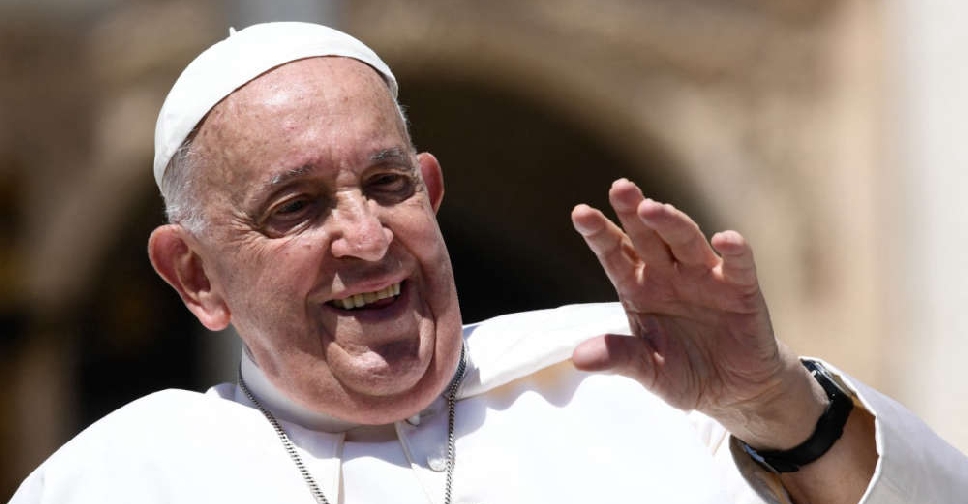 Pope Francis dies aged 88, Vatican says
Pope Francis dies aged 88, Vatican says
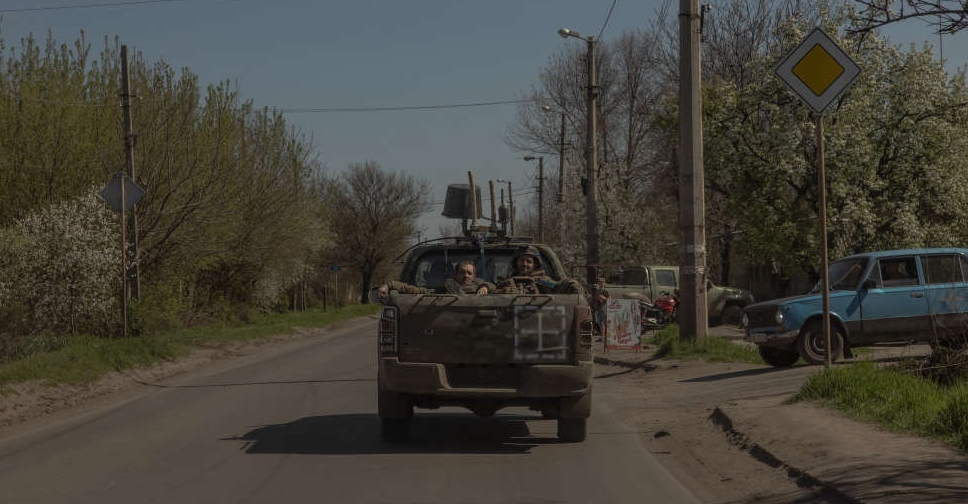 Half of Ukraine under air raid alerts hours after Russia ceasefire ends
Half of Ukraine under air raid alerts hours after Russia ceasefire ends
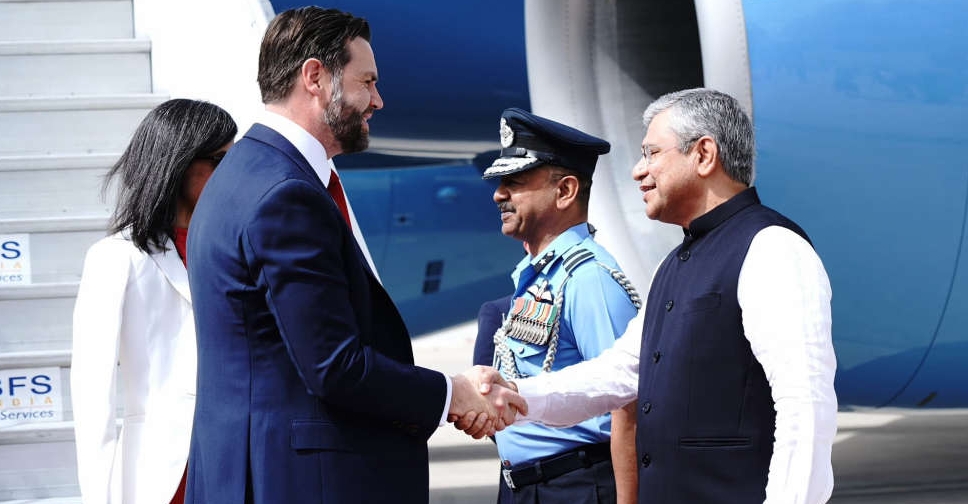 Vance arrives in India, to hold talks with Modi under US tariffs shadow
Vance arrives in India, to hold talks with Modi under US tariffs shadow
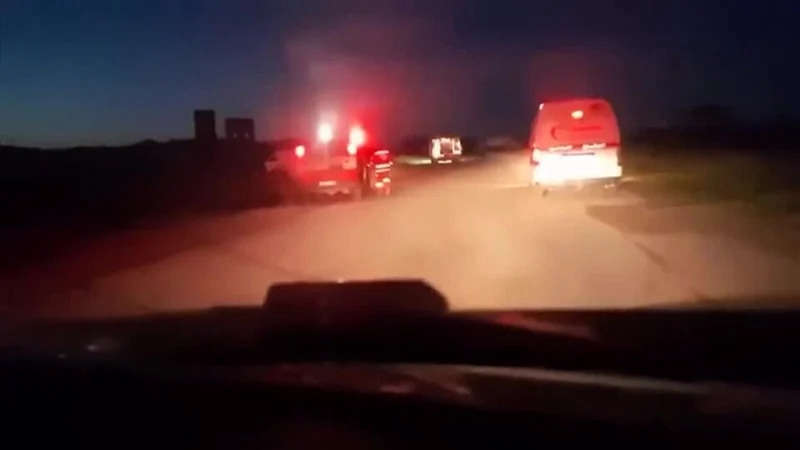 Israel's military finds 'professional failures' in killings of Gaza medics
Israel's military finds 'professional failures' in killings of Gaza medics
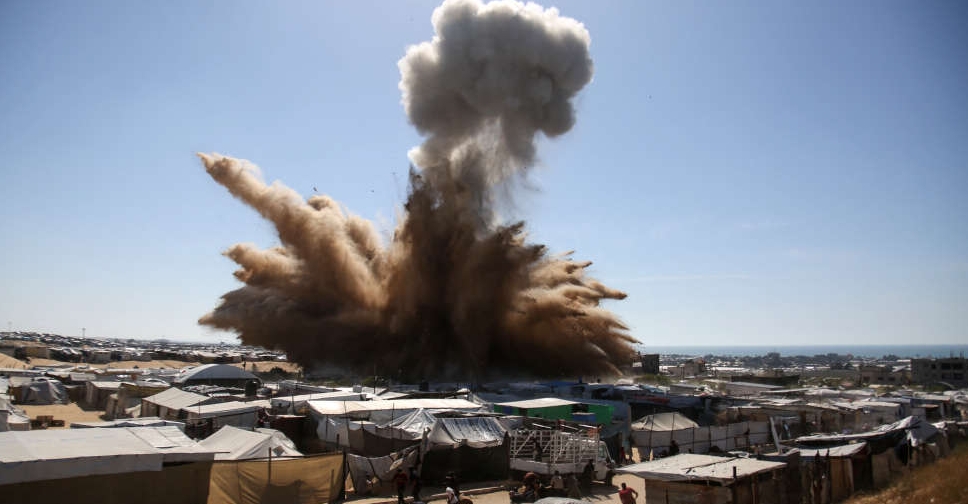 Israel's Netanyahu says military to increase pressure on Hamas
Israel's Netanyahu says military to increase pressure on Hamas


